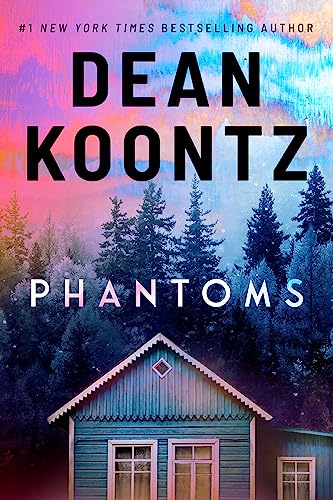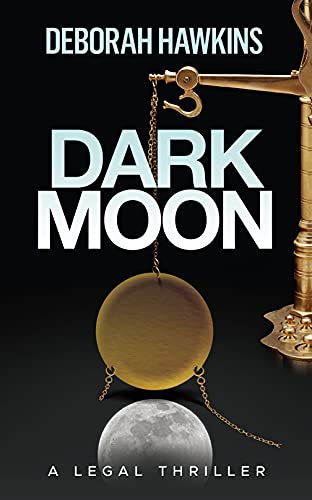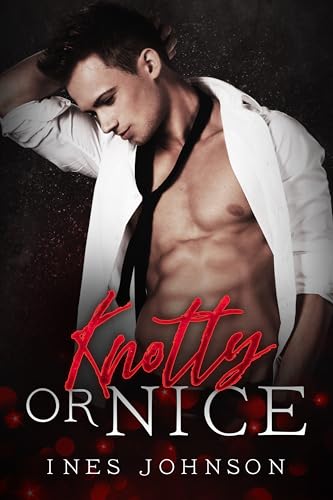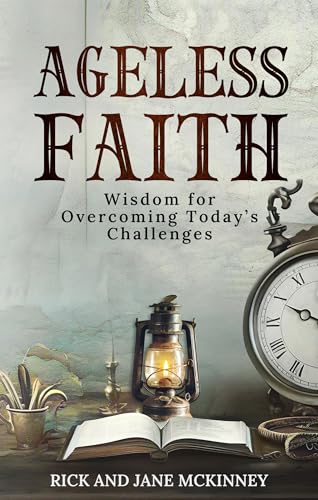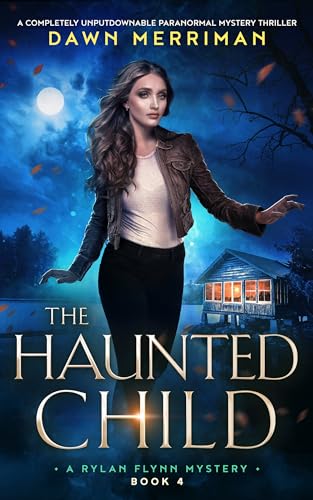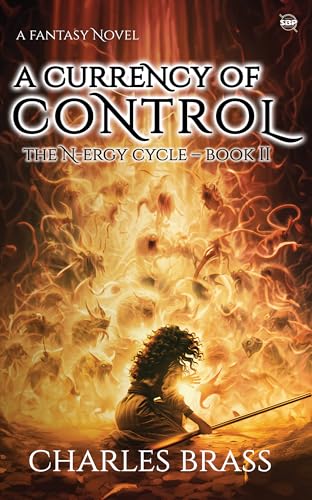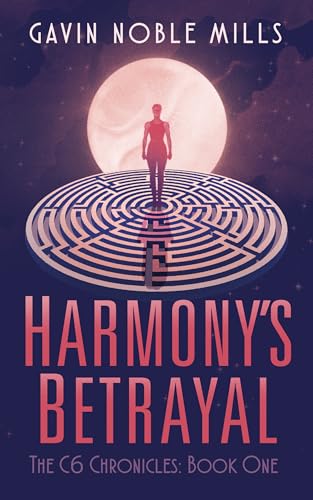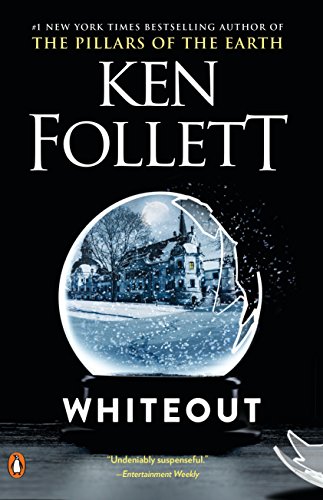In today’s Publetariat Dispatch, author LJ Sellers rebuts the publishing establishment’s position that Amazon is the enemy.
This post, by LJ Sellers, originally appeared on the Crime Fiction Collective site and is reprinted here in its entirety with that site’s permission.
Amazon is a company. Granted, a retailer with aggressive tactics meant to support long-term growth. But it is not an oversized kid (or childish adult) with personality problems who deliberately picks on weaker people for sport. And when people call Amazon a bully, they dilute the term’s meaning and diminish the experience of human beings who have been personally victimized, bruised, and emotionally scarred by such human behavior.
Amazon functions much like other companies, only more successfully than its competitors. Its tactics, as far as I know, are legal. (The tax issues are still being debated but that’s another subject.) Some people would argue that its tactics are not fair, but what does that mean? Does the word fair apply in business? Again, we’re not dealing with children. The concept of one for me and one for you is not how capitalism works.
Some businesses are content to coast along, partner with others, and not worry about the future. Other businesses are more ambitious. They have long-term goals, and they work aggressively to meet those goals, even if it means putting competitors out of business. Barnes & Noble was once that kind of business. It bought up competitors, closed many retail outlets, and forced hundreds of indie bookstores to fold. People called it a bully too. But it was just business, capitalism in action.
Now the same people who denounced B&N (small bookstore owners, small publishers, and writers clinging to the old model) are crying foul on Amazon and worrying that B&N, now the underdog, will not survive the competition for customers.
I too worry a little that Amazon will dominate the publishing industry, at least for a while, and that customer choice will begin to be limited. But Amazon won’t get to that point by being a bully, just a savvy, fast-growing company with an eye on the long-term future.
And yes, this blog was inspired in response to the struggle between Amazon and Independent Publishers Group, which I blogged about yesterday in more detail. A struggle in which Amazon held firm on its terms and lost the right to publish all of IPG’s ebooks. I saw Amazon called a bully over and over yesterday, but I think the word is misused.
I don’t mean to imply that the human owners of indie publishers and bookstores aren’t feeling emotional about what’s happening in the publishing industry as a result of Amazon’s success. I’m sure they are and rightfully so. But Amazon’s success is not a vendetta, and there’s no point in taking it personally. Those emotions will just keep people from making rational business decisions.
What do you think?

